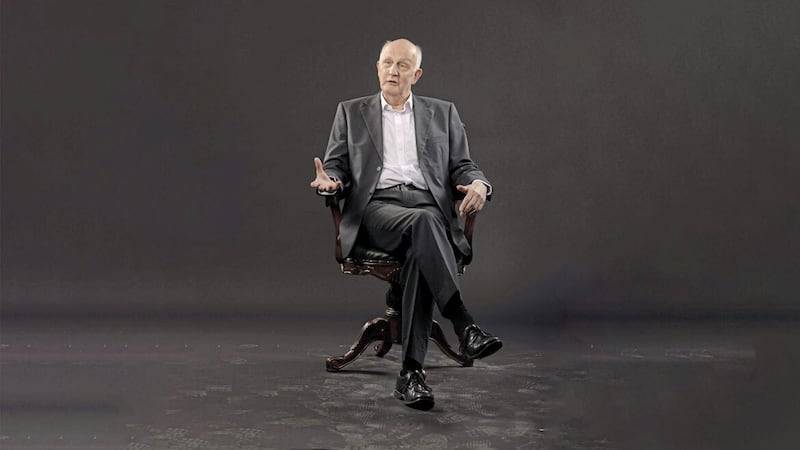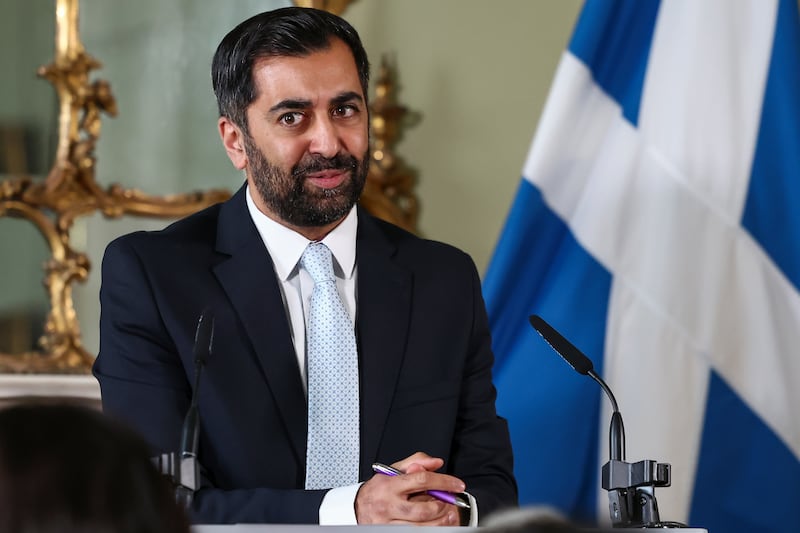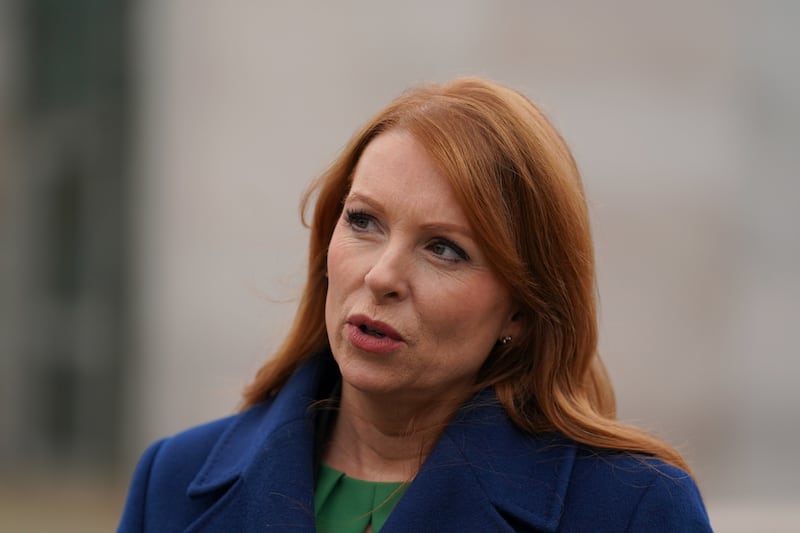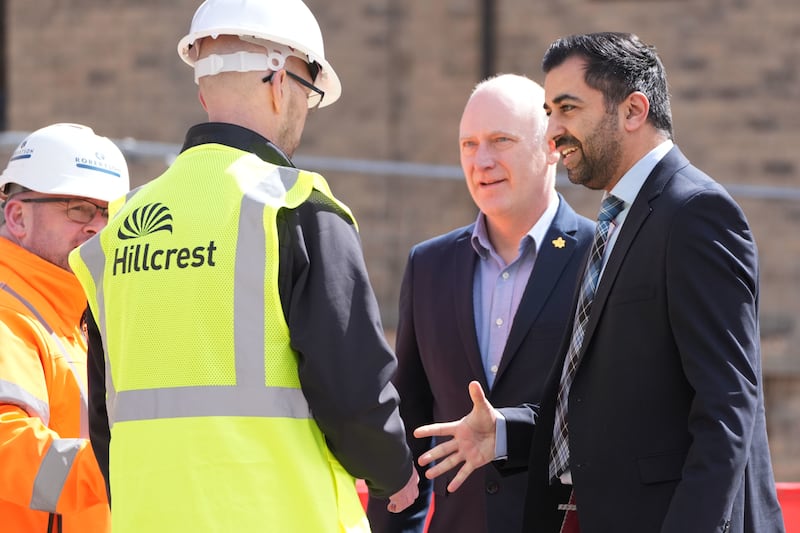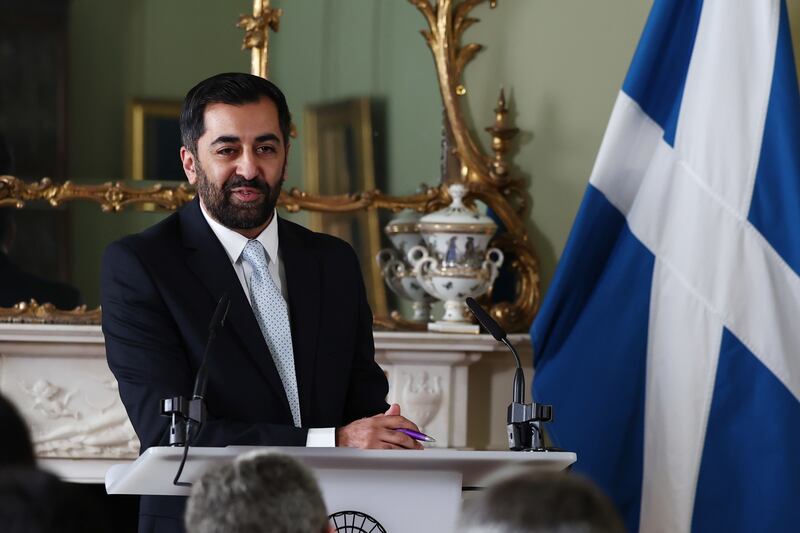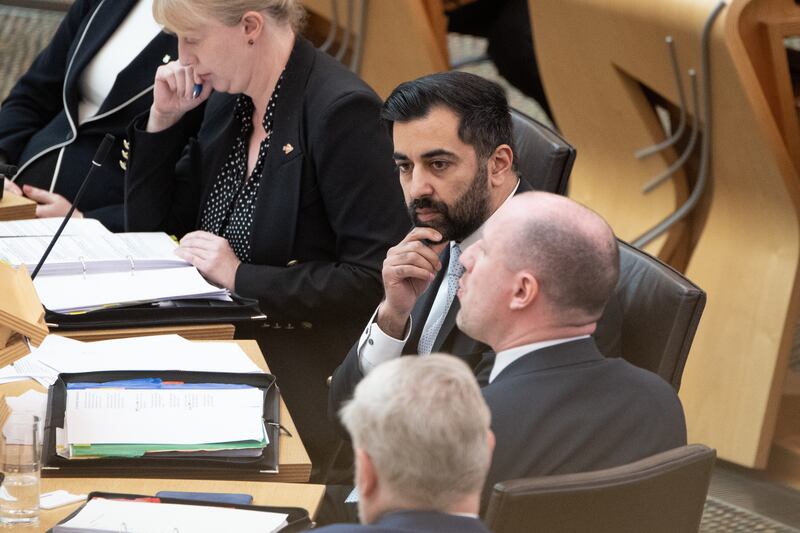It wasn’t just Ian Paisley — always in an “Ulster says snow” frame of mind back in the day — who was angered by Lemass’s visit. Brian Faulkner, who only heard about it at lunchtime on the day, wrote that the manner in which it was arranged, “particularly the lack of trust in his colleagues which O’Neill’s failure to consult them seemed to indicate... fed inevitable popular suspicions of any dealings with the Republic and gave Ian Paisley, at this time emerging as a politico-religious demagogue, an easy issue to exploit”.
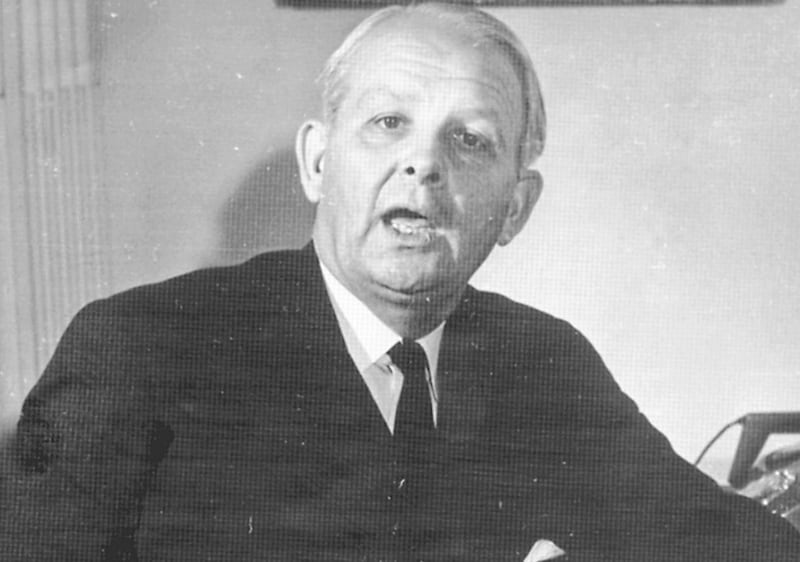
To understand unionism/loyalism/Orangeism, the fringes as well as the centre, you have to understand that it fears betrayal. It can sniff one drop of Lundyism in a million gallons of undiluted orange. Had O’Neill publicised his meeting with Lemass in advance (his cabinet had already agreed that Faulkner should meet with Erskine H Childers, then the Irish Minister for Transport and Power, in Dublin in late January) he could have sold it as a major diplomatic step forward; the Republic ‘recognising’ the legitimacy of Northern Ireland.
But the secrecy fuelled the old fears of betrayal. Fears which had their roots in the original Home Rule crisis in 1886 and an act which would, if successful, have trapped ‘Ulster’ unionists in an independent united Ireland. It was a fear which was reflected in Edward Carson’s ‘puppets’ speech in 1921. A fear which has now trickled all the way down to the NI Protocol and Windsor Framework by way of a succession of UK prime ministers, described by one section of unionism or another as ‘traitors’.
By the way, I’m not defending the reluctance of unionists to build better, more business-like relationships with the south. I’m simply pointing out a fact of life that I have learned to live with: which is that the fear remains that the guiding star of Irish government strategy since 1921 has been the absorption of NI into a new — in the sense that is has never truly existed before — all-Ireland state. It’s a fear which spreads across all of political/electoral unionism and it’s not disappearing anytime soon.
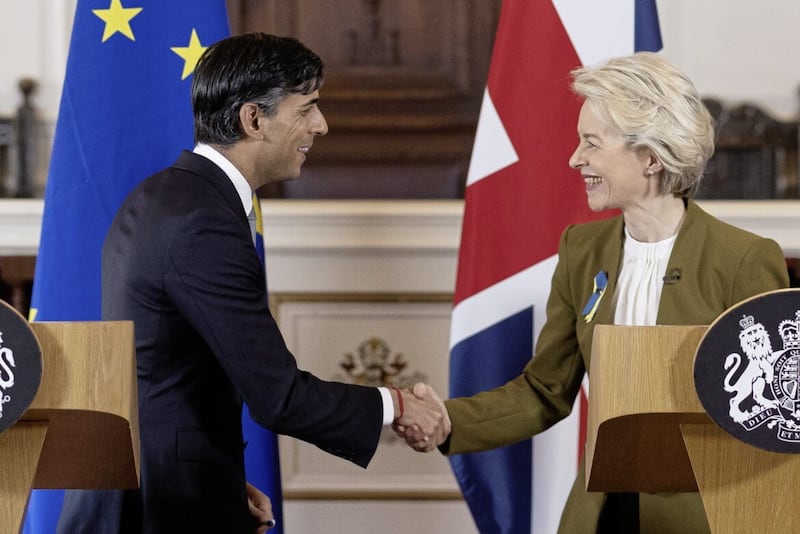
It’s worth noting that the fear isn’t just confined to Irish government strategies, either. There are very few unionists — even those like me, who would be regarded as liberal, moderate or small-u — who would, hand on heart and with a straight face, say that they truly trusted a UK government to protect and promote their long-term interests within the Union.
Even those on the ‘extremes’, who despise and thoroughly distrust most manifestations of Irishness, would now acknowledge that there is very little political, electoral, constitutional or emotional attachment to NI from the Westminster establishment.
There are very few unionists who would, hand on heart and with a straight face, say that they truly trusted a UK government to protect and promote their long-term interests within the Union
I’ve never had any difficulty with political power-sharing in NI. I backed the Faulkner wing of unionism in 1973/4 and supported the Good Friday Agreement. I’m also a firm believer that unionism should have a cooperative, working-together-in-mutual-joint-interests relationship with the Republic. But — and it’s a crucially important but — that sort of relationship must be a two-way relationship.
For example, the Shared Island initiative, along with other projects, doesn’t require the Irish government to initiate a series of discussions with unionism which explain its own policies, strategies and approaches since 1972, when the ‘Irish dimension’ became a central component of Anglo/Irish relationships. You can’t be overly critical of unionism’s failure to build bridges when the Irish government’s end of the bridge still seems rooted in a future which doesn’t actually include NI.
Similarly, Michelle O’Neill’s ‘no alternative’ comments re the IRA campaign played straight into the hands of those on the unionist side who would be delighted if devolution and power-sharing collapsed altogether. Her message wasn’t to unionists, it was entirely to her own side. The mirror image, of course, of some messages from elements of unionism/loyalism.
There are great opportunities out there to be grasped by unionism building better relations to the south. But there are great opportunities, too, for republicans to build better relations with unionists in NI. And not just a relationship built on, “talk to us…because a united Ireland is inevitable”.

